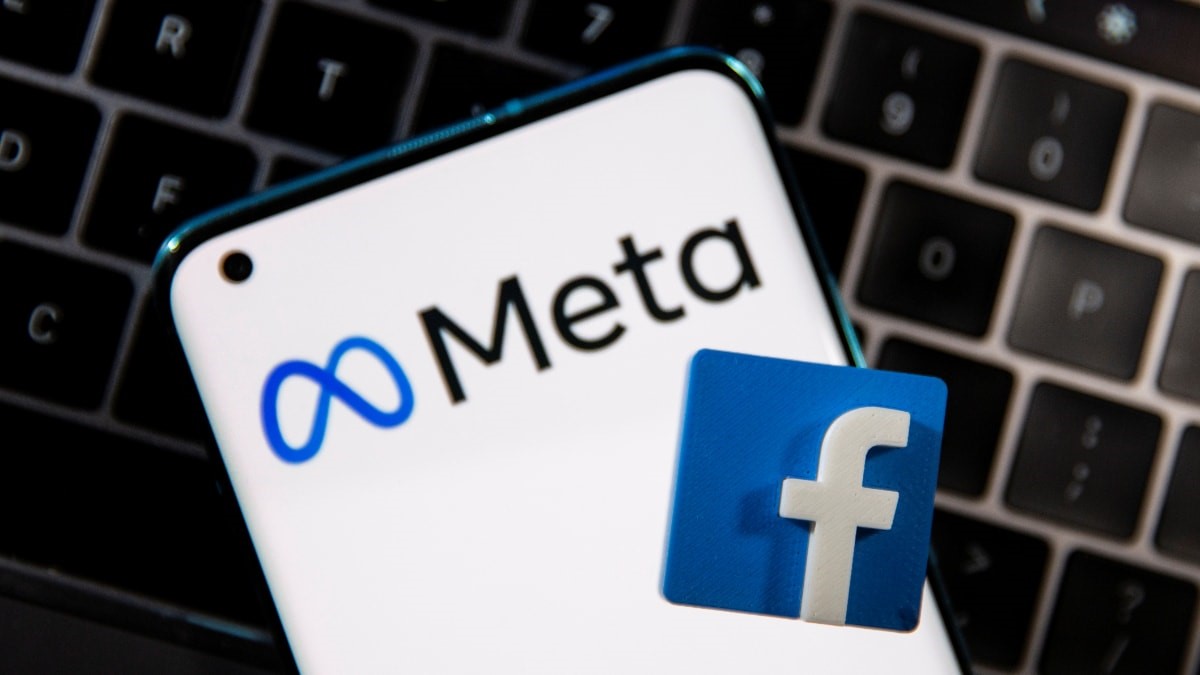Facebook is closing up its facial recognition pattern and deleting out a billion faceprints, the parent organization Meta said in a statement. This comes at a timeline when there are sincere allegations on Facebook of violation of privacy with inside documents leaked to US regulators, reporters, and lawmakers.
However, it was not clear when the changes would take out-turn. According to reports, more than one-third of daily, functional Facebook users had selected for the facial recognition feature which is about a hundred million individuals. Facebook launched facial recognition more than a decade ago. However, it slowly made it easy to opt-out of the feature as it faced scrutiny from regulators and courts.
Also Read: FOREST OF ENCHANTMENTS By Chitra Banerjee
This change will appear for one of the big shifts in facial recognition utilization in tech history, Meta said.
Presently, Facebook might perhaps face one of its hugest crises to date after leaked documents from whistleblower Frances Haugen showed that the organization has known about the injuring its products cause and often did small or nothing to lessen them.
For many years, Facebook gave individuals the alternative to be automatically notified when they appear in pictures and videos posted by others and offered recommendations for who to tag in images. These attributes are also powered by the Face Recognition method which is closing down. Facebook in 2019 had stopped automatically recognizing individuals in images.
Meta added that they will still see facial recognition tech as an influential tool, for example, for humans wanted to verify their identity or to prevent impersonation and fraud. “We faith facial recognition can support for products like these with privacy, and transparency, so you decide if and how your face is utilized, Meta said.
The organization was attempting to weigh the positive use cases for the tech against raising societal concerns, especially as regulators have yet to provide clear regulations.
Facebook’s about-face follows up a busy few weeks for the organization. On weekdays it declared a new name — Meta — for the organization, but not the social network. The new name, it said, will support it concentrates on building technology for what it visualizes as the next renewal of the net — the “metaverse.”
Also Read: Self-Reliant India (Atmanirbhar Bharat Abhiyaan)
More than a third of Facebook’s active audience have opted in to have their faces acknowledged by the social network structure. That’s about a hundred million people. But Facebook has recently started scaling back its utilization of facial recognition after launching it more than a decade ago.
The organization ended its practice of utilizing face recognition software to recognize users’ friends in uploaded images and spontaneously suggesting they “tag” them. FB was sued abroad over the tag suggestion feature.
The decision is a great example of attempting to make product decisions that are fair for the company and the user, said professor of technology ethics. She added that the move also re-releases the power of regulatory pressure since the face recognition structure has been the subject of cruel criticism for over a decade.
Research people have spent time raising questions about the tech, citing studies that found it worked unsteadily across boundaries of age, race, and gender.
Concerns also have rairaisedcause of increased awareness of the Chinese gov. extensive video surveillance pattern.
Also Read: Nobody Will Tell You This But Me A True (as told to me) Story
Some U.S. cities have moved to ban the utilization of facial recognition software by cops and another municipal dept.
Some states and cities have restricted gov. utilization of the tech. amid fears over the r invasion of privacy, civil rights violations, and racial bias. The debate over supplementary bans and limits has been begun in about 20 state capitals this session.
Meta’s citing concerns about wrong identifications and amid a broader U.S. reckoning over racial injustice and policing.
President Joe Biden’s introduced a fact-finding mission to look out at facial recognition another biomass utilized to identify people or assess their mental and emotional character and states.
European lawmakers and regulators have also taken steps towards stop up law enforcement from scanning facial features in publicspacelikee, like a slice of broader tooler attempts to manage the dangerous applications of artificial intelligence.
FB face-scanning practices also give out to the billion fine and privacy restrictions forced in 2019. FB involved a promise to need “clear and conspicuous” notice before individual’s videos and photos were subjected to facial recognition tech.




